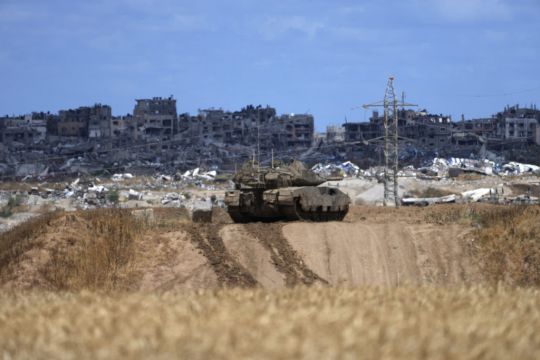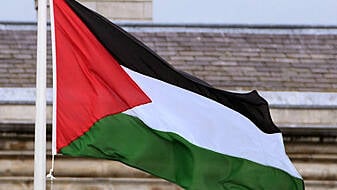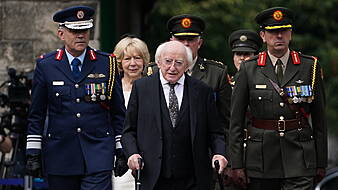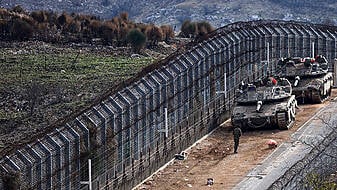US president Joe Biden on Monday urgently warned Israeli prime minister Benjamin Netanyahu against launching an offensive in the southern Gaza city of Rafah.
It comes as the divide between the two leaders continues to grow along with the mounting Palestinian death toll.
The call between Mr Biden and Mr Netanyahu came as Israel appeared to be moving closer to a major military operation to root out Hamas militants in Rafah — something that Mr Biden and his top aides have repeatedly told Israeli officials will only lead to more death and worsen the despair in the war-ravaged territory.
Both leaders are facing growing public pressure — Mr Biden from protests on college campuses and Mr Netanyahu from the families of some Israeli hostages — for a ceasefire deal.
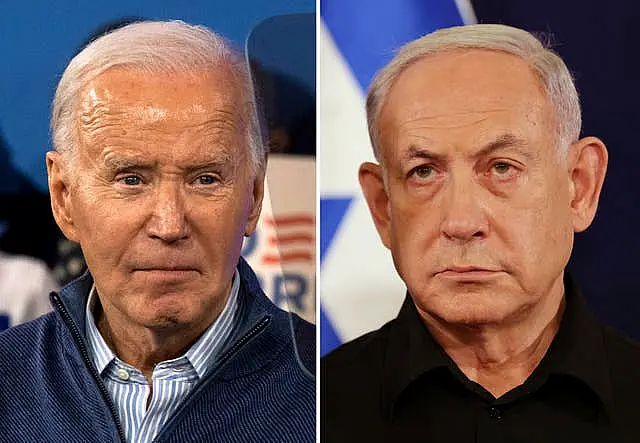
“The president doesn’t want to see operations in Rafah that put at greater risk the more than a million people that are seeking refuge there,” White House national security spokesman John Kirby said.
The White House described the leaders’ 30-minute conversation as “constructive”.
Privately, however, administration officials’ concern was mounting as Israel on Monday ordered about 100,000 Palestinians to evacuate from Rafah and began carrying out “targeted” strikes in the eastern part of the city.
White House officials were carefully watching the unfolding, intensified Israeli action in Rafah with deep worry but did not believe it amounted to the widescale attack Mr Netanyahu has been threatening, according to a person familiar with administration thinking who was not authorised to comment publicly.
More than 34,000 Palestinians have been killed in the war that started after Hamas launched an attack on Israel on October 7th that killed 1,200. Some 250 people were also taken hostage in the attack.
Meanwhile, the humanitarian situation is rapidly deteriorating in huge areas of Gaza.

The head of the United Nations World Food Program, Cindy McCain, said on Sunday that northern Gaza has entered “full-blown famine” after nearly seven months of war.
Ahead of the leaders’ call, Israel announced it was ordering Palestinians to begin evacuating from Rafah.
Soon after the order, Hamas said in a statement it had accepted an Egyptian-Qatari proposal for a ceasefire.
Israeli military spokesman Daniel Hagari said Israel would continue its operations in Gaza as officials deliberate the ceasefire proposal approved by Hamas.
The Israeli war cabinet voted unanimously to approve a Rafah military operation but said it would continue ceasefire efforts.
The new targeted strikes in eastern Rafah appeared aimed at keeping the pressure on Hamas as talks continue.
Mr Kirby said Mr Biden had been briefed on Hamas’ response that it would accept a hostage deal.
CIA director William Burns, who was in Qatar for hostage talks with regional officials, was discussing the Hamas statement with allies in the region.
Mr Kirby declined to discuss the parameters of what Hamas is saying it has agreed to.
“Bill Burns is looking at that response. He’s talking to the Israelis about it,” Mr Kirby told reporters.
“And we’ll see where this goes. Hopefully, it can lead to those hostages getting out real, real soon.”
In recent days, Egyptian and Hamas officials have said the ceasefire would take place in a series of stages during which Hamas would release hostages it is holding in exchange for Israeli troop pullbacks from Gaza.
Mr Biden also told Mr Netanyahu he still believes reaching a ceasefire with Hamas is the best way to protect the lives of Israeli hostages held in Gaza, officials said.
Israel says Hamas is holding about 100 hostages and the remains of more than 30 others in Gaza. The leaders’ call occurred before Hamas accepted a ceasefire proposal.
